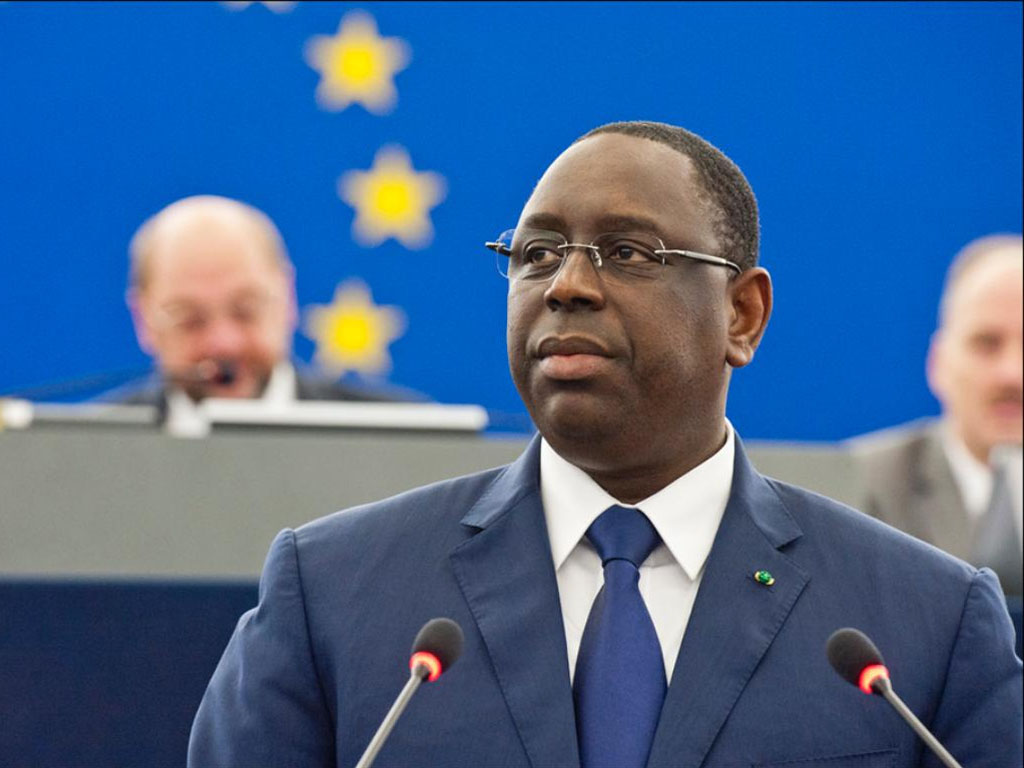Senegal’s government has announced that the country’s presidential election is scheduled to take place on 24 March. This decision comes in the aftermath of heightened tensions following President Macky Sall’s previous postponement of the election, which triggered widespread protests. Parliament has also passed an amnesty law related to crimes linked to the protests.
Accusations against President Sall by his opponents, alleging a constitutional coup, were met with denial from the president himself, who refutes any intention to extend his term of office. President Sall’s 12-year tenure is set to conclude on 2 April.
The announcement of the election date has been met with approval from opposition figures, with a focus on the desire for fair, just, and transparent elections. Aminata Touré, a former prime minister under President Sall who switched to the opposition, emphasized this sentiment.
Senegal has long been regarded as one of the most stable democracies in Africa, notably free from military coups. However, recent attempts to postpone the original February 25 poll to December resulted in deadly unrest, prompting the Constitutional Council to mandate the presidential election before 2 April.
In a move to defuse political tensions, President Sall dissolved the government, replacing Prime Minister Amadou Ba with Interior Minister Sidiki Kaba. This adjustment aimed to allow Mr. Ba, the ruling coalition’s presidential candidate, to focus on his electoral campaign.
Political tensions further manifested in the passing of a bill granting amnesty for offenses related to demonstrations or having political motivations committed between 1 February 2021 and 25 February 2024. While critics argue that the law may shield serious offenders, supporters believe it could benefit the opposition, potentially leading to the release of prominent opposition figure Ousmane Sonko and his supporters.

